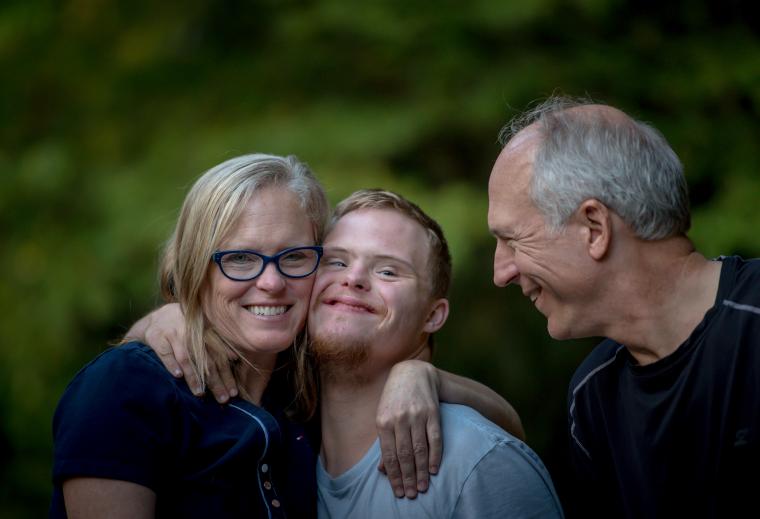Alumna Saeideh Heshmati '11 '15, a postdoctoral research scholar at Penn State's College of Health and Human Development, and her team interviewed nearly 500 Americans on whether or not they believed most people would feel loved in about 60 different hypothetical scenarios. The scenarios all started with the phrase "Most people feel loved when..." followed by representations of either support, physical expressions of love, signs of trust, sharing time with others, or possessive scenarios. Control scenarios also were added to the questionnaire. Results revealed that for the most part, Americans agreed on what was a clear display of love and what was not.
Heshmati's study has gone viral and she's been interviewed all over the world, including:
Newsweek
Science Daily
USA Today
